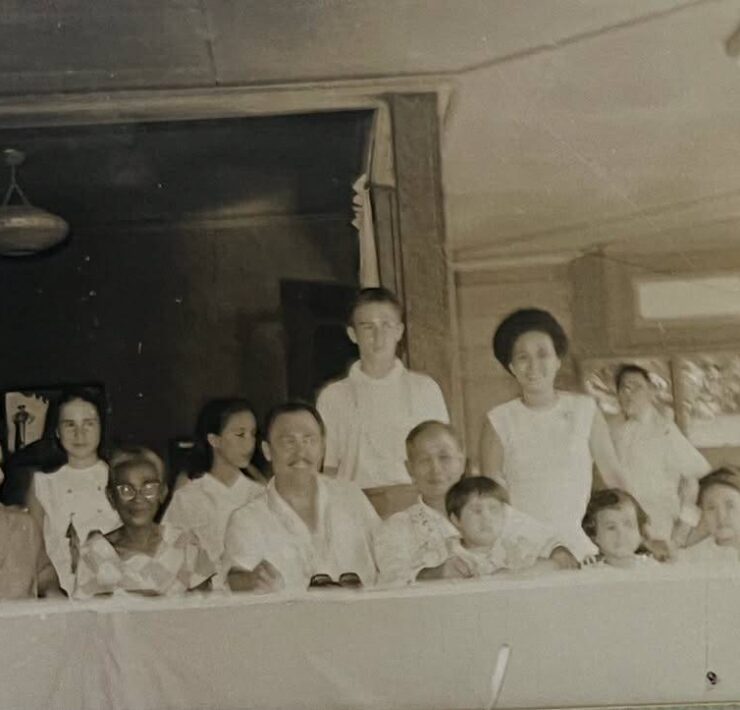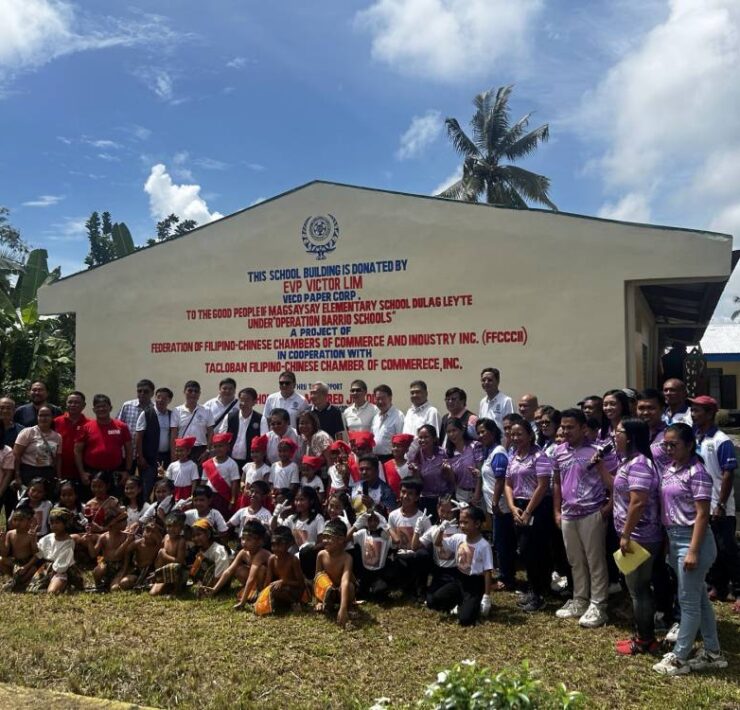Learning behind bars
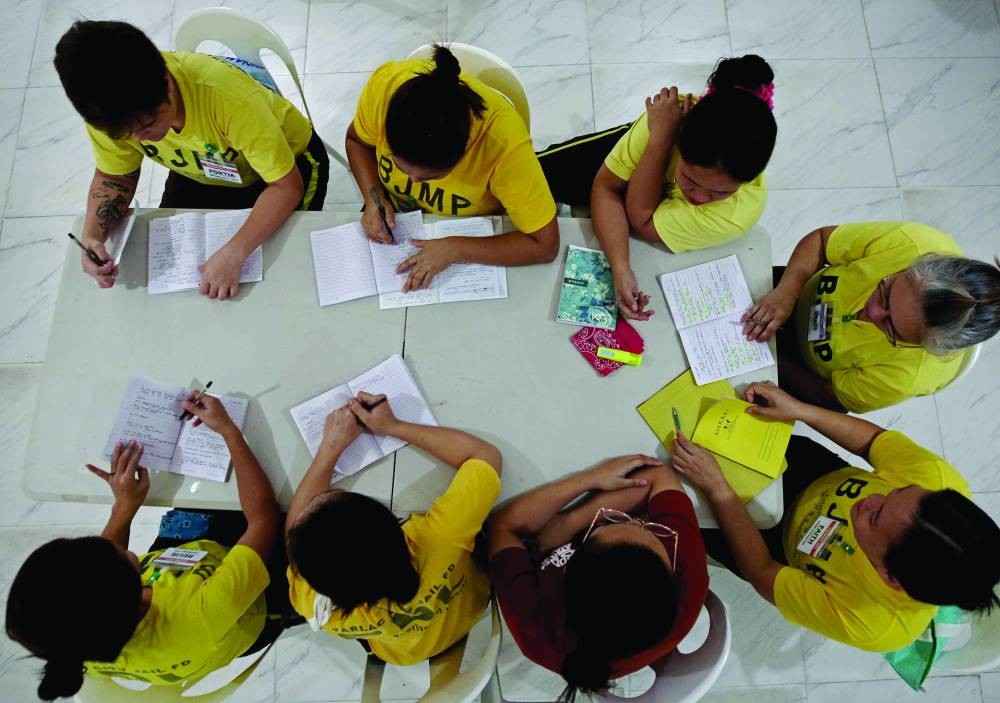
TARLAC CITY—A new chapter begins for “Fairy” (not her real name), a 39-year-old inmate at the Tarlac City Jail Female Dormitory, after emerging as the top student in a pioneering college program offered by Tarlac State University (TSU) here.
Fairy, a mother from Occidental Mindoro who has spent the last eight years in jail, is taking a bachelor in public administration degree under TSU’s College of Public Administration and Governance (CPAG).
The program is part of an educational initiative for inmates (referred to by the government as persons deprived of liberty) under the extension project titled “Hiraya: A Path Forward” and the subprogram “Karunungan sa Kulungan para sa Kinabukasan (Education in Prison for the Future): Empowering Change through Correctional Facility Education.”
Fairy earned three perfect 1.0 grades last semester and is among 15 inmates continuing formal education behind bars. The program began with 27 participants, although some had been released or had completed their sentences. The curriculum for inmates mirrors what regular TSU students take, with 20 units offered in their first year and a total of 131 units required to graduate.
Path to change
The College Education Behind Bars program aims not only to reduce recidivism by at least 15 percent over five years but also to reintegrate former inmates into society by providing them with the tools to lead productive lives.
It was on July 24, 2024, when the initiative was formalized through a memorandum of agreement signed at the Tarlac City Jail Female Dormitory in Barangay Baras-baras. Freed inmates may also continue their studies at TSU’s main campus.
The program was initiated after Jail Senior Inspector Jessica Corpuz, acting warden of the facility, approached CPAG Dean Edwin Caoleng to extend higher education opportunities to incarcerated women.
Corpuz had previously collaborated with TSU on various rehabilitation projects, including skills training, psychological support and paralegal services.
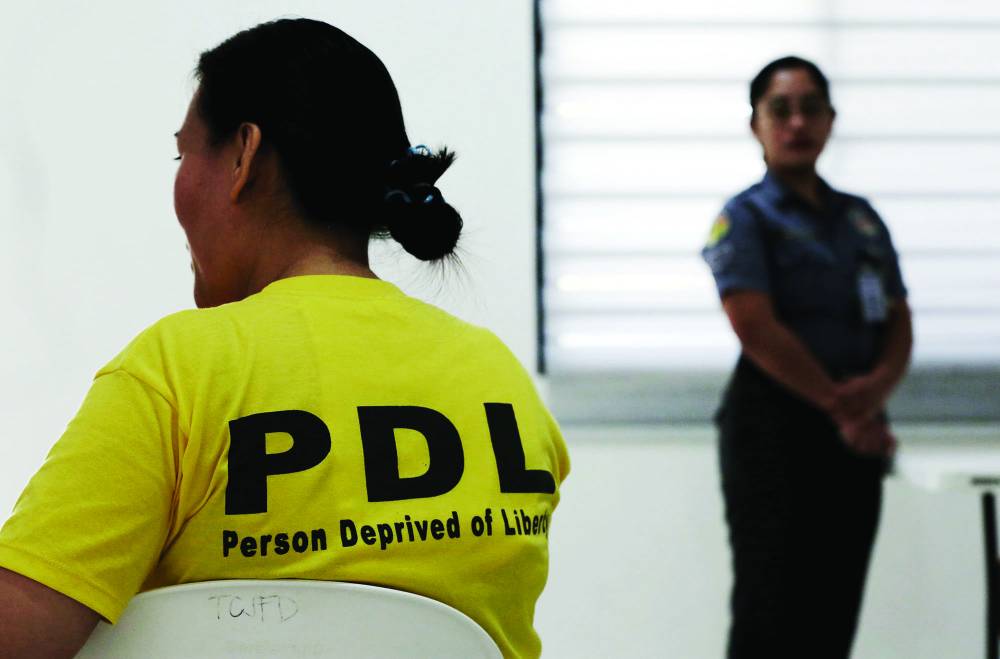
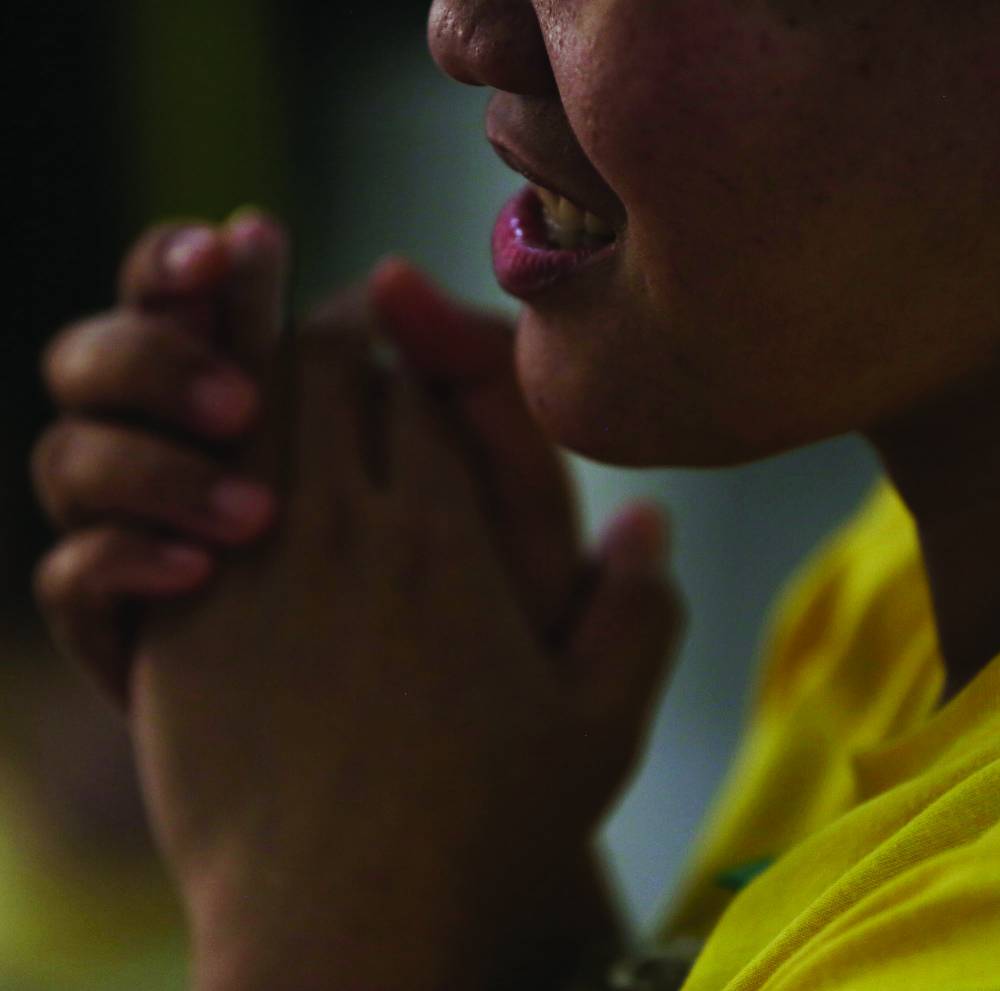
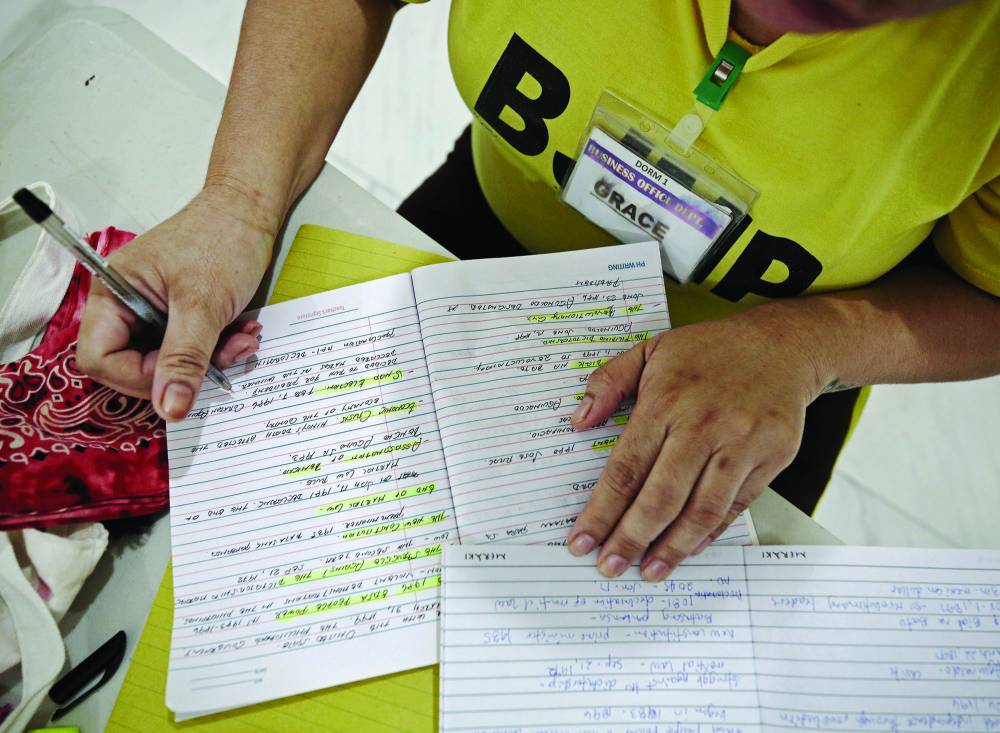
Mother’s promise
Fairy, who heads the jail’s bonsai bead-making livelihood project, balances school, chores, court hearings and religious activities. The handmade bonsai bead lamps sell for at least P100, generating income for the inmates.
Despite her incarceration for qualified theft—an act she says was driven by desperation to help her ailing father—Fairy has stayed focused on her goals.
“I did it because of family problems. I thought it was right but it turned out to be wrong. I just wanted to get my father treated. I’ve been here for eight years and it’s still not over,” she said in Filipino, adding she’s still fighting for her Good Conduct Time Allowance (GCTA).
Fairy initially hesitated to join the program, fearing judgment toward her children if her status was discovered, especially as her daughter graduated with honors from the same school where her high school records were being requested.
“I can endure all the judgment directed at me, but I don’t want my children to be affected. But when I found out they would help me get a PSA (Philippine Statistics Authority) birth certificate so I could take the entrance exam, I agreed right away,” she shared.
Now, she dreams of marching during graduation alongside her daughter, an achiever on the dean’s list as she works for her bachelor of elementary education degree in Occidental Mindoro.
“This is probably my chance to fulfill the promise I made to my mom and dad—to finish my studies,” Fairy said.
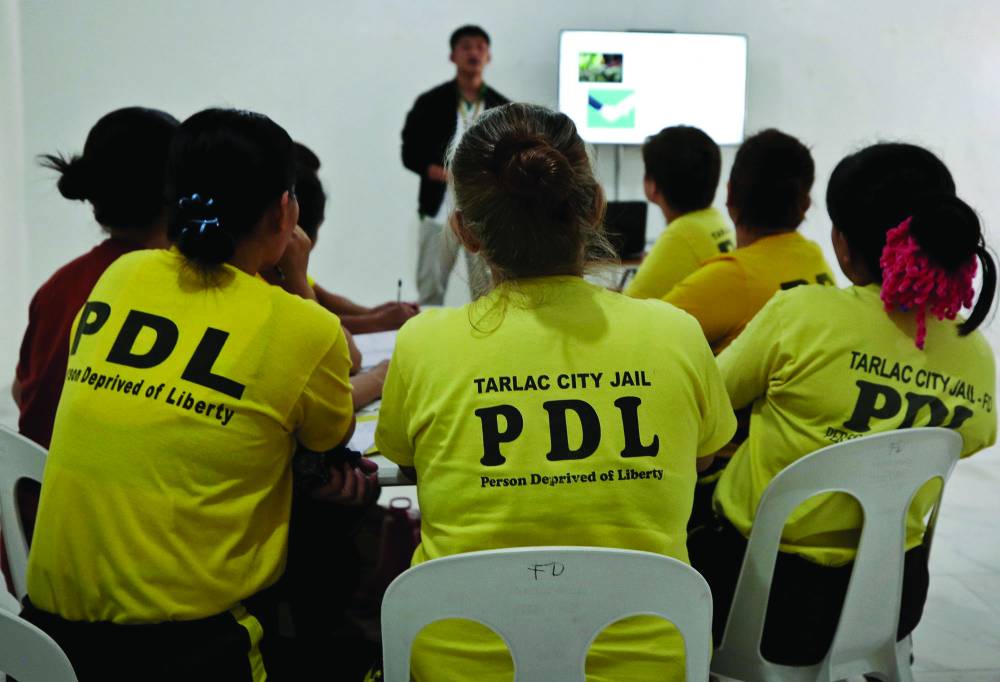
Classroom inside jail
According to TSU faculty member Niel Kharl Acosta, many inmates in the program are “dean’s listers,” consistently scoring high in exams.
“They’re eager to learn and actively participate in discussions. It’s also challenging for us as teachers,” Acosta told the Inquirer.
Corpuz said the program had defied expectations. “I didn’t expect them to become dean’s listers. But according to their professors, they’re all doing exceptionally well,” she said.
The success of the pilot program for female inmates is paving the way for expansion to male inmates.
A former inmate, “Rahimah” (also not her real name), 26, who completed her sentence, has opted to continue her studies with the group. She plans to rent an apartment near TSU to stay with her batchmates.
“I allowed her because she’s in the top 10 and genuinely interested [to learn]. I took the risk, but we agreed that she just needs to finish this semester, then she can continue at the main campus,” said warden Corpuz.
Fairy, meanwhile, continues to study diligently. She holds three Technical Education and Skills Development Authority National Certificate Level II certifications in welding, bread and pastry production, and computer systems servicing. Proceeds from her welding projects once supported her daughter’s online classes.
“Every night, I read my lessons. It’s hard being a working student. While we’re making bonsai crafts, my notes are open. I really want to graduate,” Fairy said.
Despite the challenges, Fairy finds strength in her children—especially her eldest daughter.
“In the past eight years, she’s been stronger than I am. That’s why I have no right to give up,” she added.
In addition to GCTA, detainees enrolled in the program benefit from Time Allowance for Studying, Teaching and Mentoring, which can further reduce sentences. They also access E-Dalaw, a monthly five-minute video call to stay in touch with their families—particularly valuable for those with loved ones living far away.
With hope in her heart and a diploma in her sight, Fairy is determined to walk a new path—one she once thought was no longer hers to take.

















